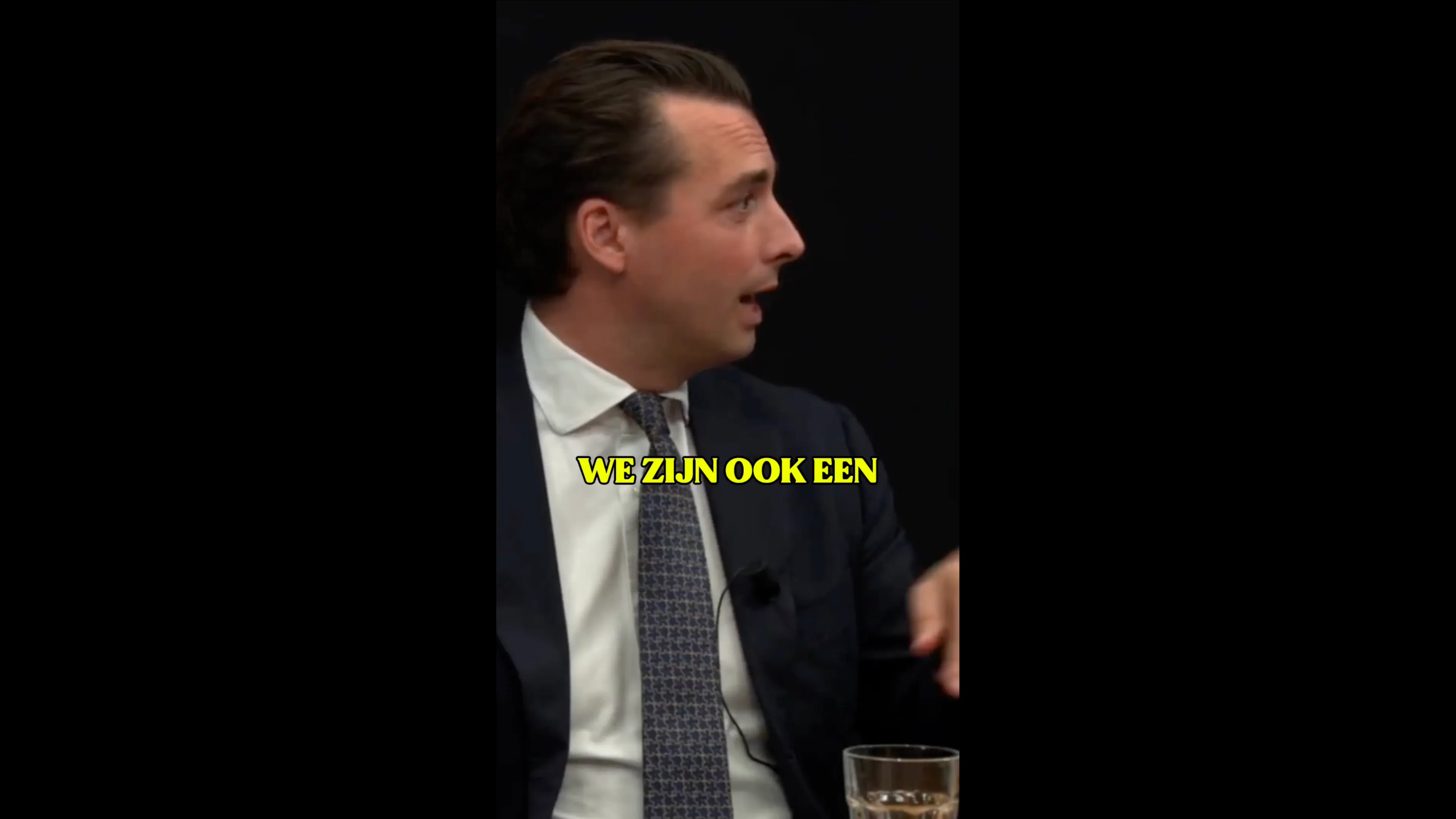'Meer immigratie leidt tot minder steun voor de verzorgingsstaat'
[T]hey argue that if one tries to hold racial and ethnic cleavages constant, the key factor determining redistribution is the income gap between middle income voters and lower income voters. Where this gap is low, middle class people... are more likely to support income redistribution because they feel that the poor are in some sense, 'like them.' When the gap is high, middle class people will have a much weaker sense of solidarity with the poor, and hence be less supportive of redistribution. Lupu and Pontussen suggest that the US is an outlier, with weaker solidarity than the structure of US inequality would suggest. They argue that the explanation for this is straightforward - "it is clearly attributable to the high-concentration of racial-ethnic minorities in the bottom of the income distribution." More bluntly put - middle class Americans feel less solidarity with the very poor because the very poor are more likely to be black.
Lees ook
Loading


